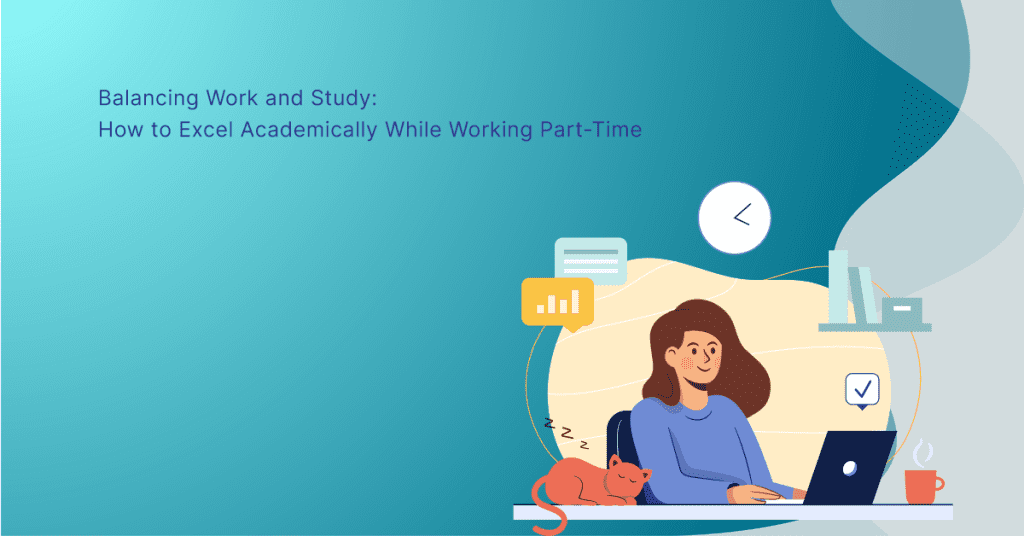Introduction
Higher education abroad is often a thrilling adventure for international students. However, it frequently entails financial obligations, therefore many students decide to work part-time to support themselves while they are in school. While juggling employment and study might be difficult, academic success can be achieved while working a part-time job with the correct tactics and attitude. We’ll look at hints and suggestions in this blog to support you in striking this equilibrium.
Prioritize Time Management
Time management skills are essential while balancing employment and education. Make a weekly schedule outlining your classes, shifts at work, and study times. Regarding the time you require for assignments, projects, and exam preparation, be honest with yourself.
Choose a Flexible Job
Think about part-time jobs with flexible hours while making your decision. This will make it simpler for you to change your employment schedule to accommodate your academic obligations. Jobs in the service sector and those on campuses are frequently more flexible.
Communicate with Employers
It’s critical to be transparent with your employer if you have a part-time job. Inform them of your class schedule, upcoming tests, and any changes in availability brought on by your academic obligations. Many employers are sympathetic and ready to meet your demands.
Set Academic Goals
Establish precise academic objectives to keep your desire and focus high. Establish your goals for your studies and note any checkpoints along the route. Setting academic goals will assist you in staying on course.
Use Productivity Tools
Apps and organizational tools can help you stay organized and manage your time well. You can prioritize chores and prevent last-minute cramming with the use of tools like calendars, to-do lists, and time management applications.
Study Smart
Focus on studying more effectively rather than more time. Utilize effective study approaches by being aware of your learning preferences. To increase your efficiency, divide your study periods into reasonable portions, and look for a quiet, distraction-free setting.
Seek Academic Support
Do not hesitate to seek academic assistance if you are having trouble juggling employment and studies. Universities frequently feature tools like academic counselors and tutoring services that can offer direction and assistance.
Practice Self-Care
It can be difficult to balance employment and school, so it’s important to look after your physical and emotional health. Get enough rest, follow a balanced diet, and practice stress-relieving exercises or meditation.
Minimize Distractions
Recognize the pitfalls that can impede your study sessions. Using social media in excess or spending too much time with friends are two examples of this. Set boundaries to reduce interruptions and keep your attention.
Learn to Say No
It’s important to strike a balance between work, study, and your personal life. Learning to say “no” to additional commitments or social events when necessary is crucial to avoid overextending yourself.
Monitor Your Progress
Maintaining a balance between your personal life, employment, and studies is crucial. If you want to prevent over committing, you must learn when to say “no” to new obligations or social gatherings.
Consider Summer or Semester Break Work
You can look for part-time or full-time employment options over the summer or semester vacations if juggling job and school becomes too difficult throughout the academic year. During the term, this can enable you to save money and concentrate on your studies.
Conclusion
International students frequently struggle to balance work and study, but with commitment and efficient time management, it is fully possible to achieve academic success while working a part-time job. Keep in mind that your education comes first, and doing a part-time job should support rather than interfere with your academic goals. You may get the most out of your experience studying abroad by putting these tips into practice and being dedicated to your objectives.
For any queries, contact us:

 Menu
Menu
